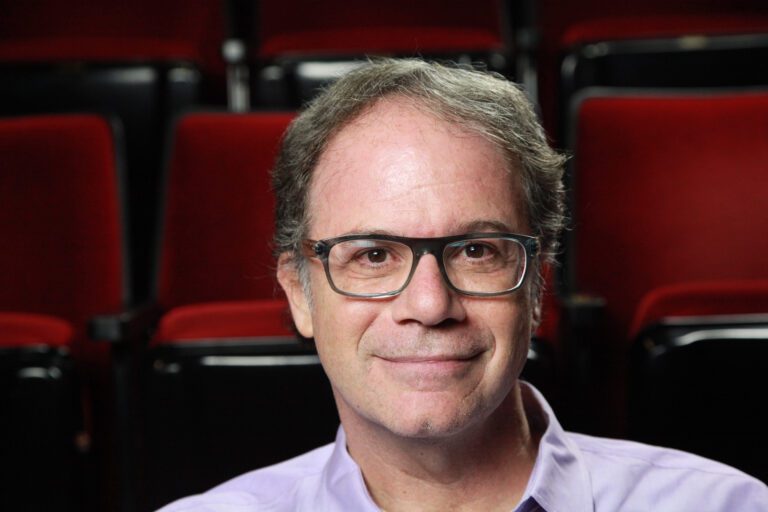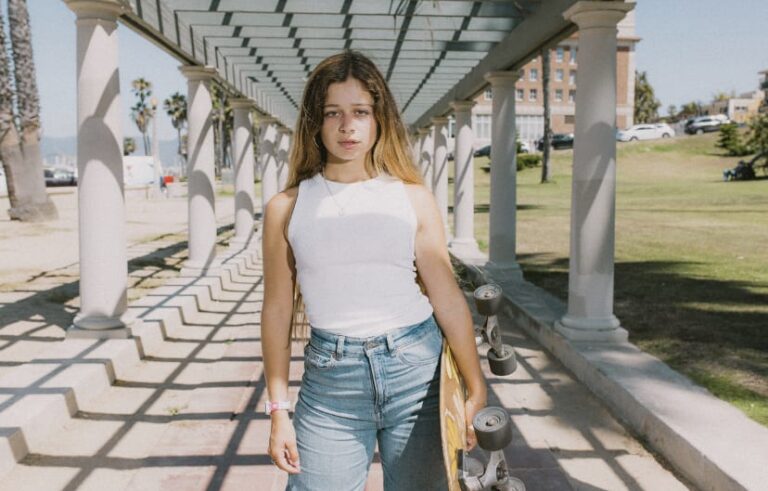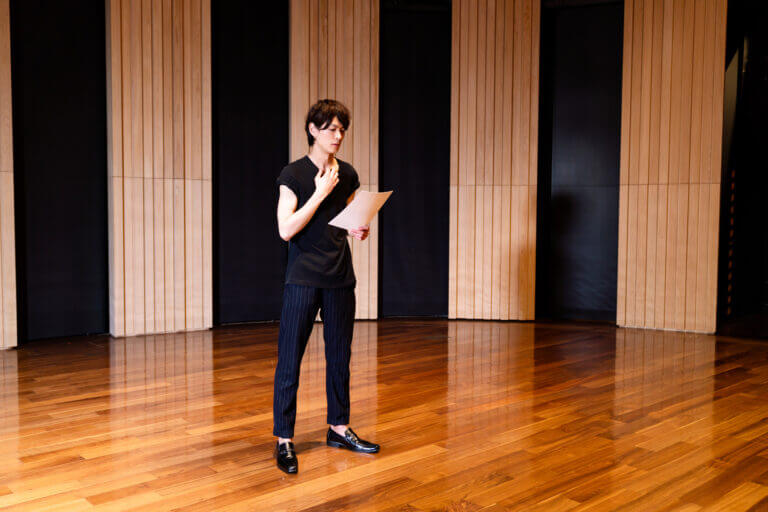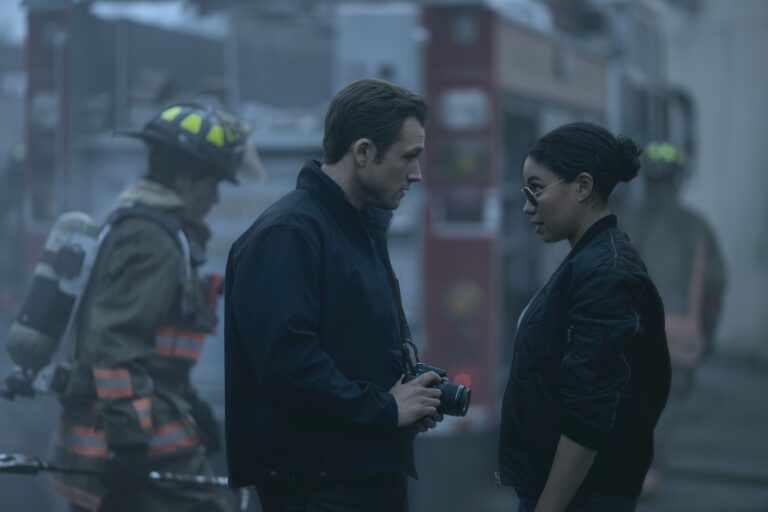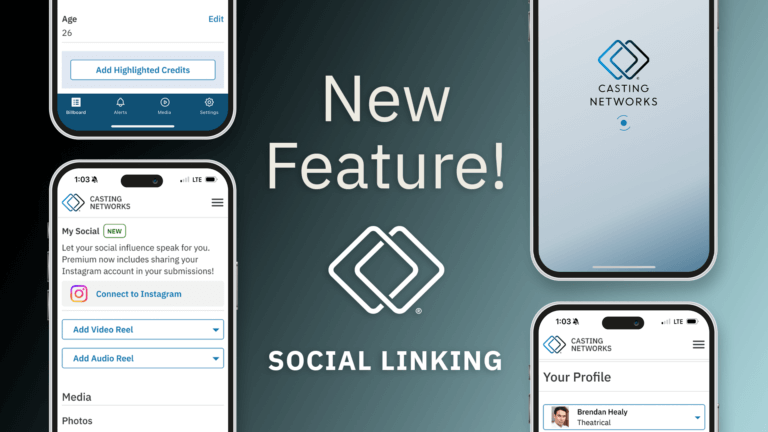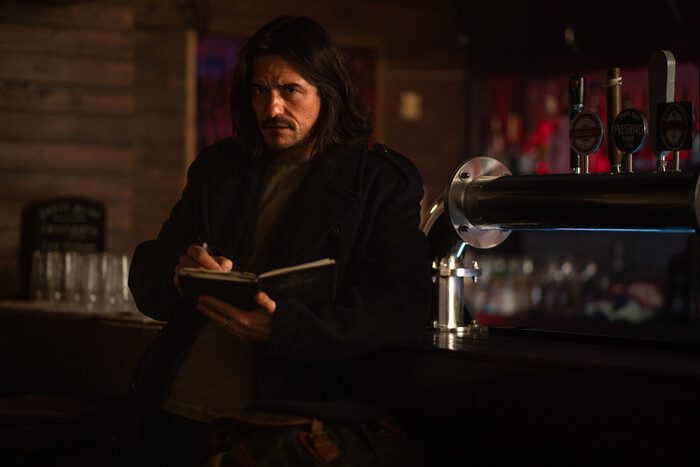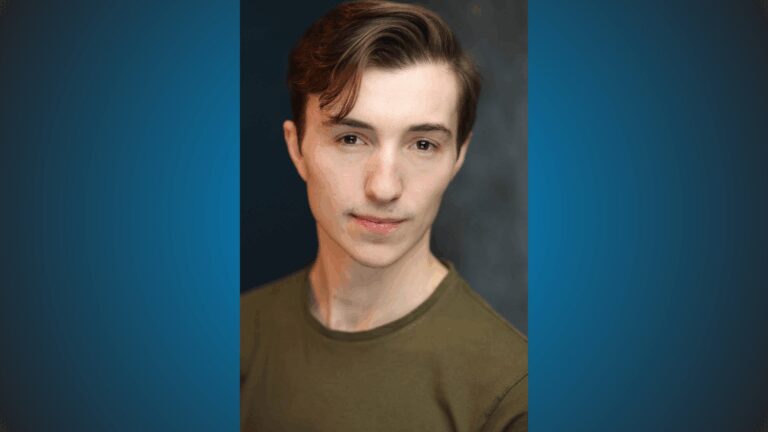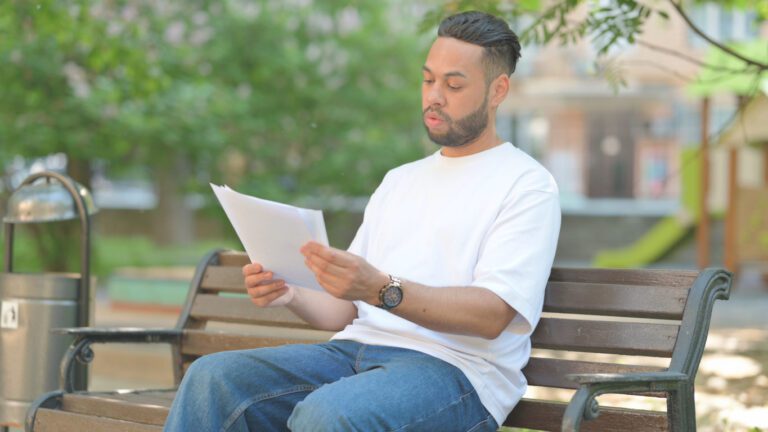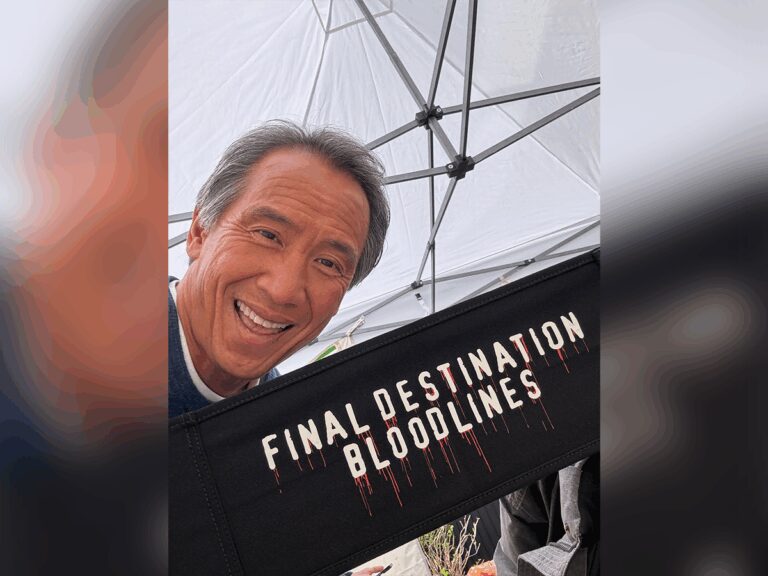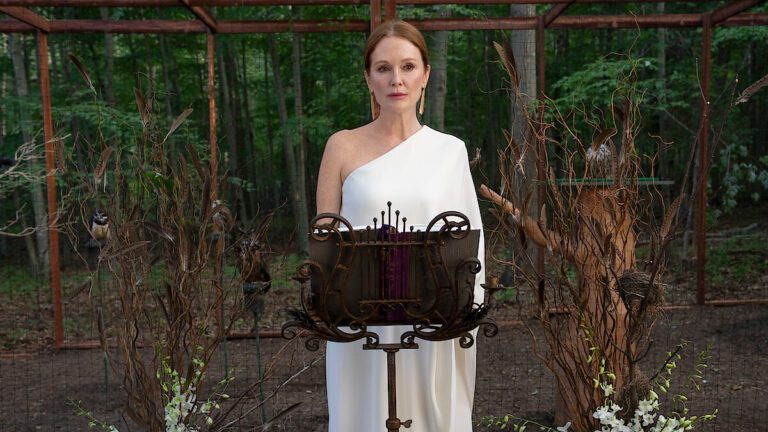Rori Bergman and Karlee Fomalont are both big fans of the Academy of Motion Picture Arts and Sciences adding a Casting category to next year’s Oscars, but not for the reason you might think. To this pair of New York casting directors, it’s more about the attention this will bring to their craft than to any glory that might come their way, and that says a lot about what kind of people they are. The pair genuinely loves what they do, and love the notion of more people discovering the career for themselves, especially since both of them came to it sort of by accident, which is not unusual in this line of work.
The success they have had is undeniable, having cast films like You Hurt My Feelings, I’m Thinking of Ending Things, Eileen and Shortcomings, just to name a few, as well as TV shows like The Get Down, Power Book III: Raising Kanan and the seminal The Americans. They spoke to us from their home base in New York City.
How did you both get into casting?
Rori Bergman: I studied directing in college and knew I wanted to do something in the industry. When I got out of school, I did a bunch of internships, trying to find my way. I was very lucky and just blindly applied to an internship with Bowling/Miscia Casting. I interned there for about six months, but almost immediately, I was like, “Oh, I think this is it.”
It was creative and it had all of the elements that I loved about being a director because I was working with the actors, breaking down the script and working with all these other departments, but it also had a left-brain admin element to it. They helped me get a job with Laura Rosenthal. I spent five years there and then just bounced around for another 10 years until I went out on my own.
Karlee Fomalont: I studied acting at NYU, and kind of similarly, I tried to figure out what I wanted to do that could take all my love of performing and channel it into something a bit more structured. I found amazing mentors who helped show me that casting was a career in the first place and that I would fit somewhere inside of it. It was kind of a beautiful accident shepherded by many amazing people.
That seems to come up a lot in casting origin stories. Happy accidents and great mentors, because generally speaking, casting is not taught at film school.
RB: There are a few programs in the country now. I think Syracuse has a casting concentration and Savannah College of Art and Design, but it’s very unusual. But Karlee, you were doing unofficial casting without realizing it in film school.
KF: A lot of my friends were in the film department and I was in the acting department. Tisch has a horrible crossover between the departments, and all of my filmmaker friends would come to me and say, “Karlee, who should I put in my thesis film? Who should I work with on this class project that I have?” So it was really me and one other person who’s now a casting director as well, Erica Hart. Between the two of us, we connected all these people. We both kind of made it up as we went.
Sort of on-the-job training without realizing you were actually on the job.
KF: Correct. I think one of the most interesting things about this moment we’re in right now, with the creation of the Casting Oscar, is it’s going to immediately add visibility to our craft. Maybe it will affect young kids watching the Oscars who didn’t realize that this was a job that they could have.
You both talk about having mentors who were indispensable to your career development. Do you in turn continue the unofficial tradition?
RB: I hope so. I think the best thing that you can do is foster an environment in your office where you’re giving people room to build their skills and learn and grow so that they either grow with you or fly the nest and go do their own thing. That’s what people did for us.
KF: A lot of the mentorship that happens is through osmosis. The entire reason I’m able to now function at the level that I’m at is because I’ve watched Rori do it for nine years.
I imagine the other side of that is knowing what doesn’t work for you.
RB: There’s that too. I’ve worked for 75% of the casting directors in New York at one point or another, even if it was just for a few days, and certainly you pick and choose. As you’re in different offices and say, “Oh, I really like the way they manage that and this person navigates difficult producers really well and this person is so artistically in tune with their director in this specific way,” or, “I love the way they give a note to an actor.”
You grab all these different things, including sometimes saying, “Okay, well that is not the way I would probably have thought to handle that.” Really, though, I think the casting community here in New York is just exceptionally generous with their time, not just with actors, but with the way they interact with the rest of the casting community.
People against whom you will soon be competing for an Oscar.
KF: I think the special thing about our community is that it’s not competitive in that way. We will be overjoyed for whoever we see up there. The idea of doing a campaign circuit amongst our community, everyone’s gonna have the greatest time and then whoever wins, everyone will celebrate that person. It’s going to be so genuine because it’s such a win for all of us.
RB: I feel the same way. Casting is such a behind-the-scenes part of the industry, that directors and producers end up being the face of the decision-making process. Then, obviously, the actors are the face of those decisions. It often feels like our work is overlooked.
I don’t think most of us mind that, since we chose casting because we don’t want to be at the forefront, but I think the recognition of it is going to be really valuable in terms of of giving it the respect and the value that it deserves, and hopefully further some of those conversations about acknowledging casting as the important part of the process that it is.
KF: It takes extensive work to make a lot of these things happen. So hopefully rewarding the people for doing that is going to show that. I think people are going to be really interested in learning about it and hearing about it, and how much depth it adds to the process. I’m excited for that.
What piece of advice or wisdom would you give to an actor coming in to audition for you?
RB: I always just say be prepared. Do whatever homework you can before you come into the room. I think educating yourself on the projects that either that director works on or that writer has written or the kind of projects the casting director tends to work on and get a sense of the tone of the world helps you make decisions and help fill out the world that we are building.
KF: All of that, and then I will also say, coming in with the tone and the context of the box you’re playing in. If you give yourself the emotional play space, and then the physical play space, it really lifts things off a page. At the Oscars, Da’Vine Joy Randolph made me cry because it was all about her just always being herself and having a strong point of view. That’s all we’re asking. We want you to come in fully as yourself doing your version of something, then let that filter through the prism of whatever environment you’ve built for yourself.
RB: Don’t spend so much time trying to fit yourself into the box that you think we want you in. You lose sight of everything that makes you you, and that’s ultimately what elevates something from a character on the page into something three-dimensional.
Casting directors use Casting Networks every day to discover people like you. Sign up or log in today to get one step closer to your next role.
You may also like:

